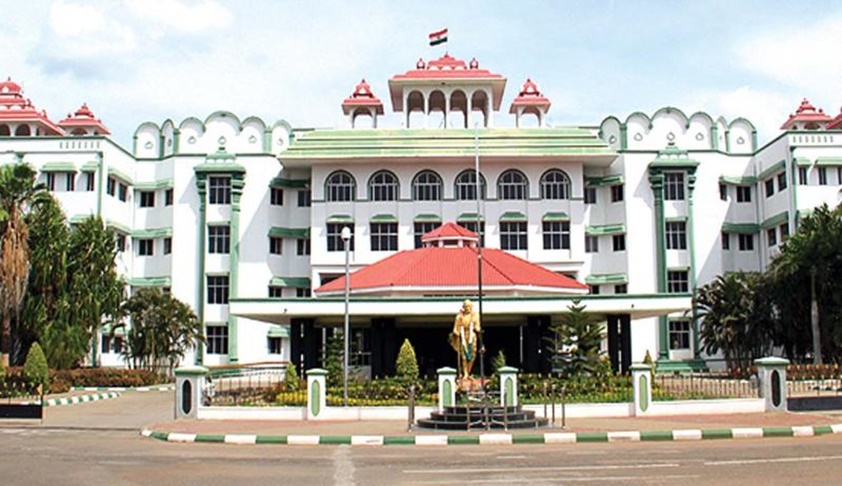
Madurai: The Madurai Bench of the Madras High Court recently directed the Tamil Nadu State Government to pay ₹5 lakh in compensation to a patient who underwent a hysterectomy at Virudhunagar District Headquarters Government Hospital. Due to a delay in diagnosis and treatment, the patient’s right leg had to be amputated. While the court did not find medical negligence on the part of the doctors, it highlighted systemic failures at the hospital, including the lack of specialist doctors and a vacant radiologist post, which led to a delayed diagnosis and subsequent amputation.
Case Background
- Admission and Surgery: The patient was admitted to the hospital on May 1, 2019, for a hysterectomy after complaining of stomach pain. The surgery took place on May 2, 2019, and she was shifted to the general ward for recovery.
- Post-Surgery Complications: After recovering from anesthesia, the patient complained of severe pain in her right leg. Despite informing the doctors, no treatment was provided, and the hospital failed to consult senior specialists or refer the patient to a higher medical facility.
- Delayed Diagnosis: On May 8, 2019, a female doctor visiting the hospital reprimanded the staff for the delay in bringing in a specialist. The patient was then advised to undergo a scan, which revealed that the blood vessel in her right leg was blocked, leading to a lack of circulation. However, the report was not reviewed immediately by a specialist. It wasn’t until May 9, 2019, when a specialist from Madurai Rajaji Government Hospital examined the patient and suggested immediate transfer for higher treatment. By this time, it was too late, and the leg had to be amputated.
Court’s Findings
- Systemic Negligence: The court found that the hospital’s lack of specialist medical staff, including the vacant radiologist position, led to a delay in diagnosing the arterial occlusion in the patient’s leg. Despite suffering unbearable pain, the patient was not given timely medical attention or advice for higher treatment. The court noted that these delays ultimately caused irreversible damage, resulting in the amputation.
- No Negligence by Doctors: While the court acknowledged that there was systemic negligence at the hospital, it ruled that the individual doctors were not liable for negligence. The hospital’s failure to provide timely intervention was the primary cause of the patient’s amputation.
Compensation and Ruling
- Compensation Awarded: The court directed the State Government to pay ₹5 lakh in compensation to the patient within four weeks of receiving the order.
- Exemption for Doctors: The court made it clear that the doctors involved in the treatment would not be held liable for any charges of negligence, and no recovery would be made from them.
- Court’s Observations: The court observed that the negligence of the hospital, not the individual doctors, led to the amputation. It cited a previous ruling to emphasize the importance of accountability in medical mishaps and the creation of a corpus fund for compensation in such cases.
Conclusion
The ruling underscores the importance of timely and adequate medical treatment, as well as the need for hospitals to have properly staffed medical teams. The patient’s life was severely impacted by the delay in care, and while the court did not hold individual doctors accountable, it held the state responsible for the systemic failures that led to the tragic outcome.